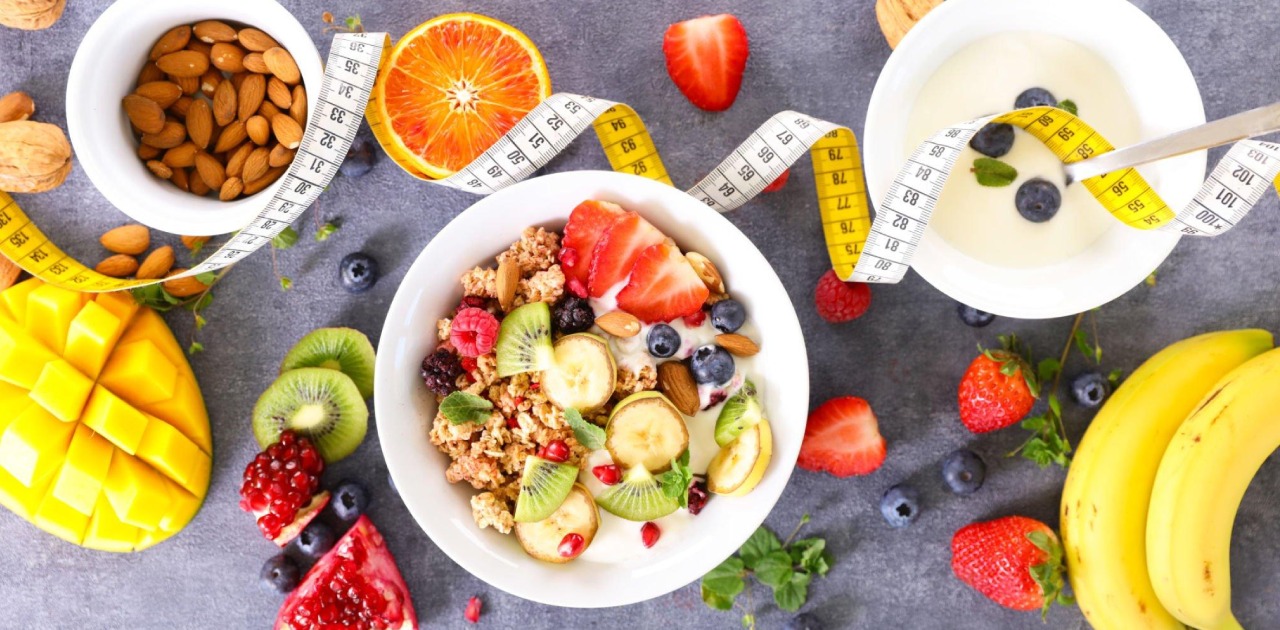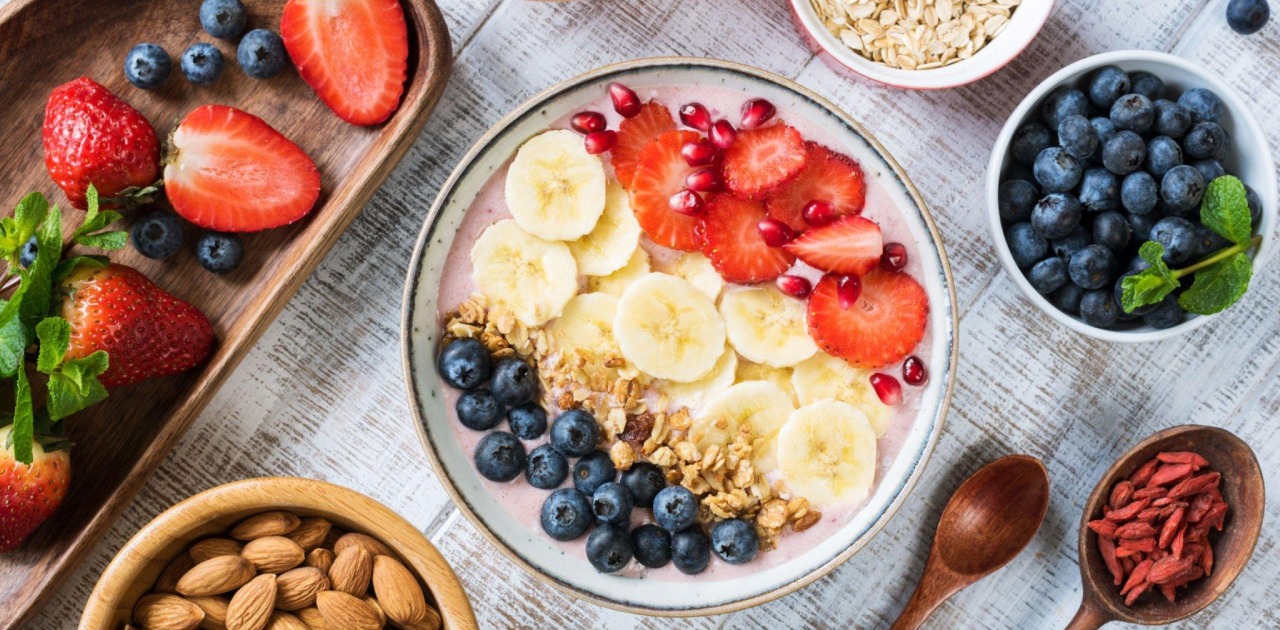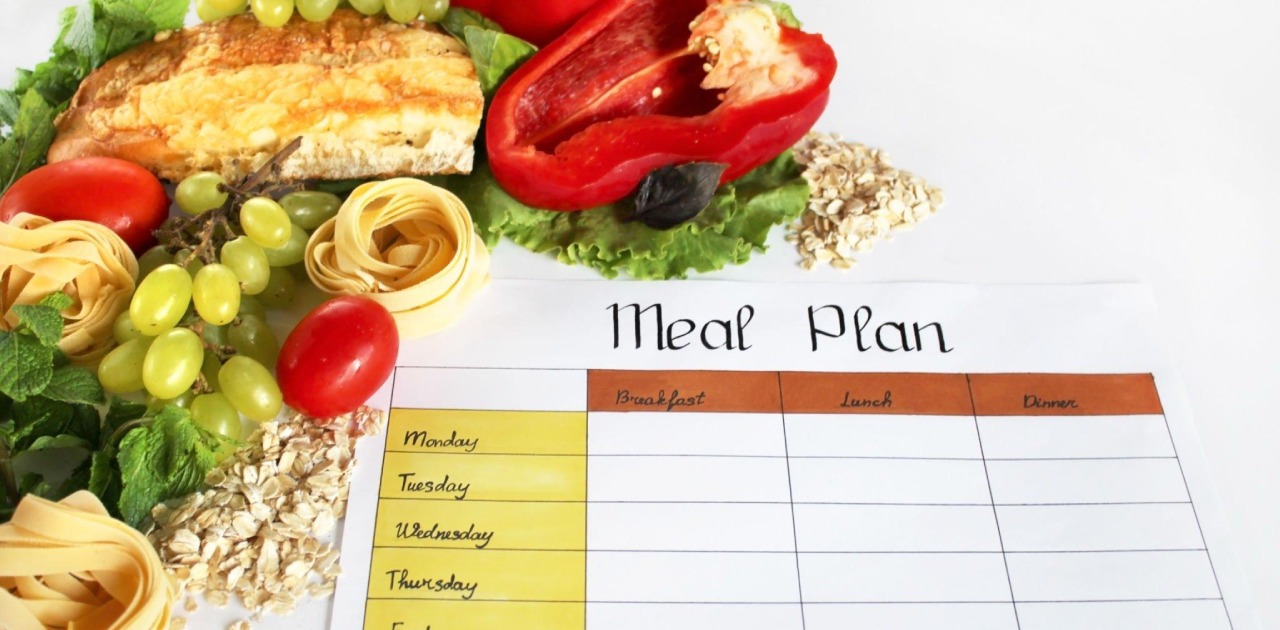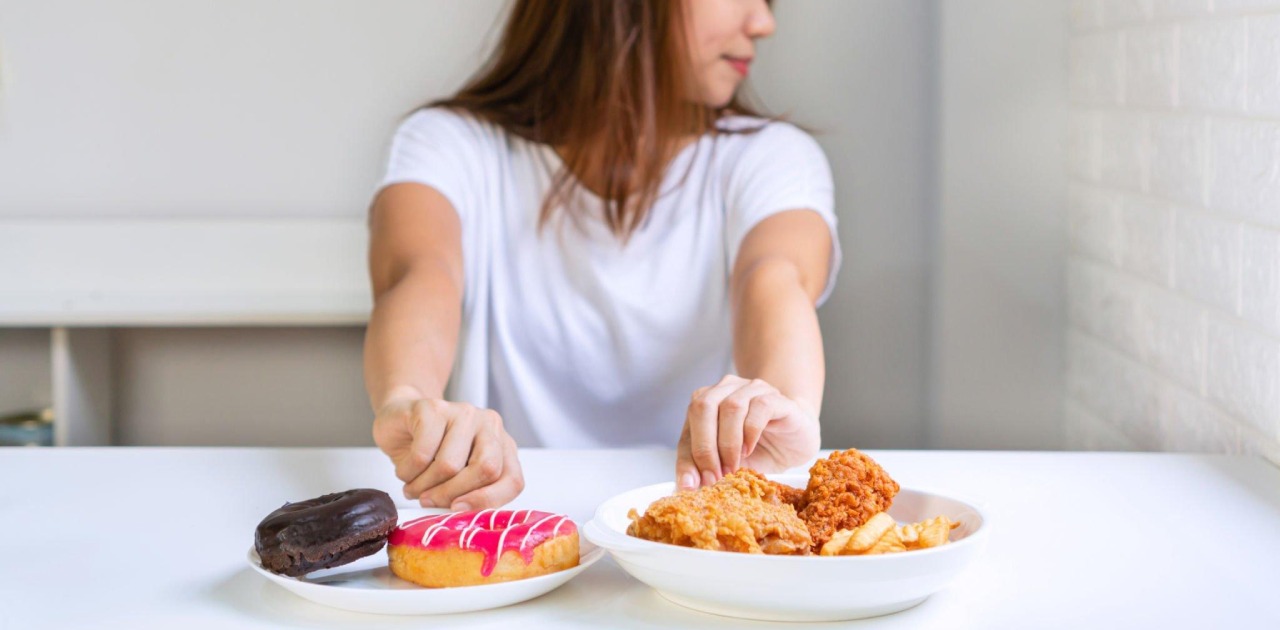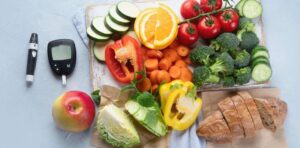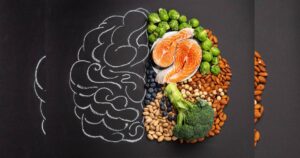Introduction to Weight Loss Foods
Losing weight is a journey that requires discipline, commitment, and hard work. One critical aspect of weight loss is eating the right foods. The foods you eat can either make or break your weight loss journey. Weight loss foods are foods that are low in calories and high in nutrients. These foods help you lose weight by reducing your calorie intake while still providing your body with the essential nutrients it needs. In this article, we will discuss the science behind weight loss, the benefits of weight loss foods, the top weight loss foods you should include in your diet, healthy snack options, how to incorporate weight loss foods into your meals, delicious weight loss recipes, foods to avoid, and tips for sticking to a weight loss diet.
The Science Behind Weight Loss
To understand weight loss, you need to understand the science behind it. Weight loss occurs when you burn more calories than you consume. This calorie deficit forces your body to burn stored fat for energy, resulting in weight loss. However, it’s not just about reducing calories. The quality of the calories you consume is also crucial.
Weight loss foods are nutrient-dense, which means they provide your body with essential nutrients while keeping your calorie intake low. This way, your body receives the nutrients it needs to function correctly while burning fat for energy.
Benefits of Weight Loss Foods
Incorporating weight loss foods into your diet has numerous benefits. First, weight loss foods are low in calories, which means you can eat more of them without consuming too many calories. Secondly, weight loss foods are nutrient-dense, which means they provide your body with essential nutrients like vitamins, minerals, and fiber. This way, you can lose weight while still getting the nutrients your body needs to function correctly. Thirdly, weight loss foods are good for your overall health. They help reduce the risk of chronic diseases like heart disease, diabetes, and cancer.
Top Weight Loss Foods You Should Include in Your Diet
Now that you understand the benefits of weight loss foods let’s discuss the top weight loss foods you should include in your diet.
Leafy Greens
Leafy greens like spinach, kale, and lettuce are low in calories and high in nutrients. They are packed with vitamins, minerals, and fiber. Adding leafy greens to your diet can help you feel full while keeping your calorie intake low.
Whole Grains
Whole grains like brown rice, quinoa, and oats are high in fiber, which can help you feel full for longer. They are also low in calories and packed with essential nutrients.
Lean Proteins
Lean proteins like chicken, fish, and tofu are low in calories and high in protein. Protein helps you feel full for longer, which can help reduce your calorie intake.
Fruits
Fruits like berries, apples, and oranges are low in calories and high in fiber. They are also packed with essential vitamins and minerals.
Healthy Snack Options for Weight Loss
Snacks are an essential part of any diet, but they can be a downfall if you’re not careful. Here are some healthy snack options for weight loss:
Greek Yogurt
Greek yogurt is high in protein and low in calories. It’s a perfect snack to help you feel full and satisfied.
Nuts
Nuts like almonds and walnuts are high in healthy fats, protein, and fiber. They can help you feel full and satisfied while providing your body with essential nutrients.
Fruits
Fruits like apples and bananas are a perfect snack option. They are low in calories and high in fiber, which can help you feel full and satisfied.
How to Incorporate Weight Loss Foods into Your Meals
Incorporating weight loss foods into your meals is easy. Here are some tips:
Plan Your Meals
Planning your meals ahead of time can help you incorporate weight loss foods into your diet. Plan your meals around weight loss foods like leafy greens, whole grains, and lean proteins.
Substitute High-Calorie Foods
Substituting high-calorie foods with weight loss foods is an excellent way to reduce your calorie intake. For example, replace white rice with brown rice or cauliflower rice.
Add Vegetables to Your Meals
Adding vegetables to your meals is an easy way to incorporate weight loss foods into your diet. Add vegetables like broccoli, spinach, and carrots to your meals.
Delicious Weight Loss Recipes
Eating weight loss foods doesn’t have to be boring. Here are some delicious weight loss recipes you can try:
Grilled Chicken with Roasted Vegetables
Grilled chicken with roasted vegetables is a delicious and healthy meal. Grill chicken breast and serve it with roasted vegetables like broccoli, carrots, and bell peppers.
Quinoa Salad
Quinoa salad is a perfect meal for lunch or dinner. Cook quinoa and mix it with vegetables like tomatoes, cucumbers, and bell peppers.
Berry Smoothie
A berry smoothie is a perfect breakfast or snack option. Blend mixed berries with Greek yogurt and almond milk for a delicious and healthy smoothie.
Foods to Avoid for Weight Loss
While weight loss foods are essential, there are foods you should avoid. These foods are high in calories and low in nutrients.
Processed Foods
Processed foods like chips, candy, and sugary drinks are high in calories and low in nutrients. They can derail your weight loss journey.
Fried Foods
Fried foods like French fries and fried chicken are high in calories and unhealthy fats. They can contribute to weight gain and chronic diseases.
Sugary Foods
Sugary foods like cakes, cookies, and ice cream are high in calories and low in nutrients. They can cause weight gain and contribute to chronic diseases.
Tips for Sticking to a Weight Loss Diet
Sticking to a weight loss diet can be challenging. Here are some tips to help you stay on track:
Set Realistic Goals
Set realistic goals that are achievable. This way, you won’t feel overwhelmed or discouraged.
Track Your Progress
Tracking your progress can help you stay motivated. Use a food journal or a weight loss app to track your progress.
Surround Yourself with Support
Surround yourself with people who support your weight loss journey. This way, you’ll have the motivation and encouragement you need to stay on track.
Frequently Asked Questions About Weight Loss Foods
Are there specific foods that can aid in weight loss?
Yes, there are several foods that can support weight loss efforts. These include high-fiber foods like vegetables, fruits, and whole grains, lean proteins such as chicken, fish, and tofu, healthy fats like avocados and nuts, and foods with low glycemic index like beans and legumes.
How can high-fiber foods help with weight loss?
High-fiber foods can help with weight loss because they are filling and low in calories. They can help you feel full for longer, reducing the temptation to overeat. Fiber also slows down the digestion of carbohydrates, which can help regulate blood sugar levels and prevent sudden spikes and crashes in energy levels.
Can lean proteins aid in weight loss? Why?
Yes, lean proteins can aid in weight loss because they are low in fat and high in protein, which can help increase satiety and reduce hunger cravings. Protein also requires more energy to digest, which means your body burns more calories during the digestion process, known as the thermic effect of food.
What are some healthy fats that can support weight loss efforts?
Healthy fats such as avocados, nuts, seeds, and olive oil can support weight loss efforts because they help keep you full and satisfied, reducing the urge to snack on unhealthy options. They also provide essential nutrients and can help improve heart health.
How do foods with low glycemic index contribute to weight loss?
Foods with low glycemic index (GI) release sugar into the bloodstream more slowly, preventing rapid spikes in blood sugar levels. This can help regulate appetite and reduce cravings for sugary or high-calorie foods, which can aid in weight loss efforts.
Are there any specific foods I should avoid for weight loss?
While there are no specific foods that you need to completely avoid for weight loss, it’s important to moderate your intake of high-calorie, sugary, and processed foods, as well as foods high in unhealthy fats. These can contribute to weight gain and hinder weight loss efforts if consumed in excess. It’s important to focus on a balanced diet that includes a variety of nutrient-rich foods to support your weight loss goals.
Conclusion
In conclusion, incorporating weight loss foods into your diet is essential for weight loss and overall health. These foods are low in calories and high in nutrients, which can help you lose weight while still providing your body with essential nutrients. Remember to plan your meals, substitute high-calorie foods, and add vegetables to your meals. Avoid processed foods, fried foods, and sugary foods. Finally, remember to set realistic goals, track your progress, and surround yourself with support. With these tips, you can get fit and fabulous with these delicious weight loss foods!

